Who owns the republic? The answer is certainly not brands. But there was Fun Republic. Also, there is, Banana Republic. (I am referring to the fashion brand and not to the comment made by a famous Indian son-in-law.)
In the days leading to India’s Republic Day, a TV channel named Republic drew the ire of activist-politician, Subramanian Swamy. One might be tempted to say, who doesn’t draw his ire. But here is his point of view in this case. Swamy sent a letter to the Ministry of Information and Broadcasting saying that the channel violates the guidelines of the national emblems act. Swamy’s letter states that the usage of certain ‘names and emblems are prohibited from being used under the Emblems and Names (Prevention of Improper Use) Act, 1950 for professional and commercial purposes’.
While the jury is still out on the future of that channel, there was no shortage of brands flaunting their patriotic card around Republic Day. There were enough and more brands either recalling the sacrifice of the Indian armed forces, or saluting the diversity of the country. Even by the past credentials, there are enough and more large brands that will never get the anti-national tag from the trolls. There’s Amul with the taste of India campaigns that has made the brand synonymous with nationalistic pride. Or there was Bajaj with its “buland Bharat” campaign in its scooter days. The two-wheeler brand continues to whip up patriotic passion with a Vikrant commercial, or the one for Avenger that was launched around this year’s R-day. The long list of brands that play up national sentiments could well prompt an Indian version of the country’s most patriotic brands.
To be sure, not all brands that celebrated R-day with a commercial, were born in India. Before you cry, foreign invasion, did you see the television film of a Japanese auto brand that did a test drive on the sands of Rajasthan to make a huge map of India on its sand trail. Can a foreign brand gel with Indian consumers by playing the patriotic tune? One could debate on this as well.
Or can a small Indian brand trump up the same amount of patriotic passion, as a large Indian brand? One example that immediately comes to mind is that of Dandi Namak. The salt brand made a clever move of appropriating Mahatma Gandhi’s salt satyagraha (Dandi March) as the name for its salt brand. It was just the right fit for the product category that it belonged to and the brand was soon eating into the market shares of leading players that included the likes of Tata Salt.
While some suggest that Dandi’s march lost its way because they could not keep pace with the unexpected surge in demand, Tata Salt responded with a patriotic line that suggested that they were the country’s salt. There is no debate on which brand came out stronger in this chest-thumping exercise among the patriots.
(The author is the managing editor, Campaign India. He can be reached on [email protected])




.jpg&h=334&w=500&q=100&v=20250320&c=1)
.jpg&h=334&w=500&q=100&v=20250320&c=1)
.jpg&h=334&w=500&q=100&v=20250320&c=1)

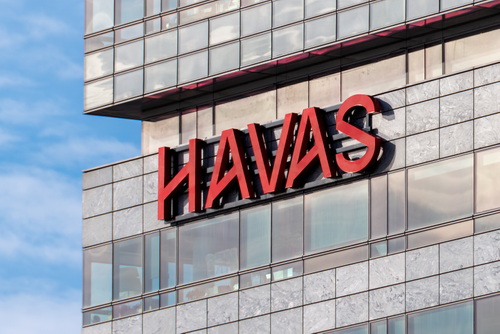

.jpg&h=334&w=500&q=100&v=20250320&c=1)
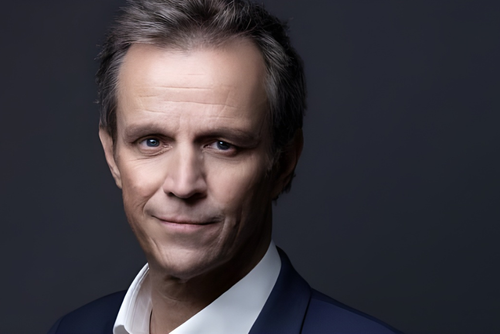
.jpg&h=334&w=500&q=100&v=20250320&c=1)
.jpg&h=334&w=500&q=100&v=20250320&c=1)
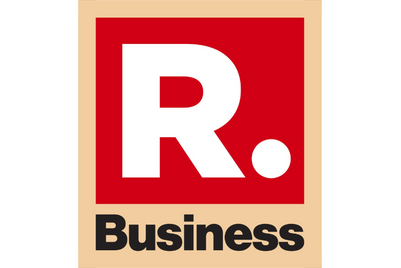
.jpg&h=268&w=401&q=100&v=20250320&c=1)
.jpg&h=268&w=401&q=100&v=20250320&c=1)
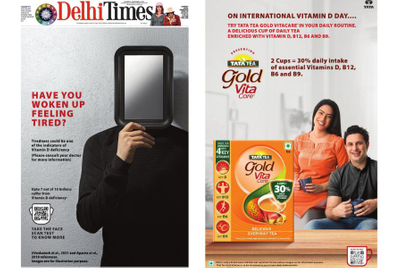
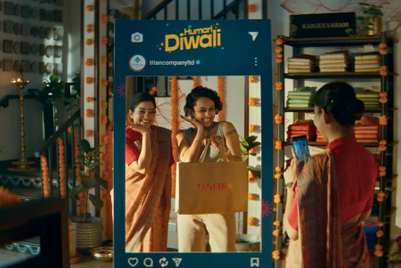
.jpg&h=268&w=401&q=100&v=20250320&c=1)
.jpg&h=268&w=401&q=100&v=20250320&c=1)
.jpg&h=268&w=401&q=100&v=20250320&c=1)
